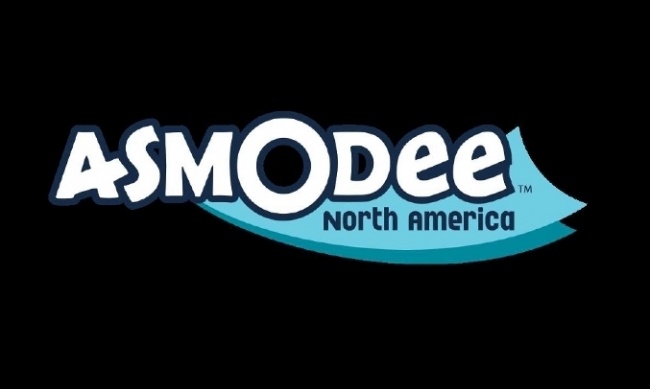Asmodee North America is revising its sales terms for retailers, implementing a Minimum Advertised Price policy, and eliminating restrictions on which retailers can sell online. The changes will take effect August 1 in conjunction with the beginning of the company’s exclusive hobby distribution relationship with Alliance Game Distributors (see “Asmodee North America Goes Exclusive with Alliance”).
ANA’s new MAP policy sets 20% off MSRP as the minimum price that retailers under its policies can advertise for ANA products. Under ANA’s old sales policies, which took effect in April 2016 (see “Asmodee, Fantasy Flight, Days of Wonder Consolidate”), only approved retailers were permitted to sell ANA products online, and those retailers were subject to different sales terms than retailers that had brick-and-mortar stores. Those restrictions have been eliminated; all retailers are now permitted to sell online.
The new policies establish three account types, for “Flagship,” “Toy & Gift,” and “General” accounts. Flagship accounts do the majority of their business in brick-and-mortar stores and provide in-store gaming space, run organized play, and do demos. Toy & Gift accounts also do the majority of their business through a brick-and-mortar location, but do not provide gaming space. General accounts do not necessarily do the majority of their business through a brick-and-mortar location, and do not necessarily offer gaming space.
Each account type receives different terms and service levels. Flagship accounts get early access to key releases and get demo copies for use in their stores. Wholesale prices and allocation levels are tiered depending on volume, amount of gaming space, and the number of ANA Organized Play programs the retailers support.
Toy & Gift accounts have access to a limited selection of products with broad appeal, do not get early access to key releases, may not participate in organized play programs, but do have access to demo copies for brick-and-mortar stores.
General accounts have access to the full range of products, may participate in organized play programs, and have access to demo copies for brick-and-mortar stores, but do not get early access to key releases.
All current customers of ANA products will have to choose an account type under the new system and agree to the corresponding sales policy.
Three game companies, including ANA, have recently implemented Minimum Advertised Price policies as a way to address channel conflict between brick-and-mortar and online channels. CMON and Iello both recently adopted MAP policies (see “CMON Adopts MAP”). Mayfair has had a MAP policy for some years. Other companies are using different strategies, such as Privateer’s policy of cutting off retailers that it defines as “free riders” for selling online at deep discounts (see “Privateer Axes Offending Online Retailers”). The issue is a serious one, both because online discounting diverts volume from and weakens the brick-and-mortar stores that develop the networks of players essential to the success of a game, and because heavy online discounting can damage the brand value of games, making them less desirable to gamers. On the other hand, online volume can be hard to turn down, and is an increasing percentage of retail sales in North America. ANA’s new policies are one way of addressing these issues, with an impact to be determined.



